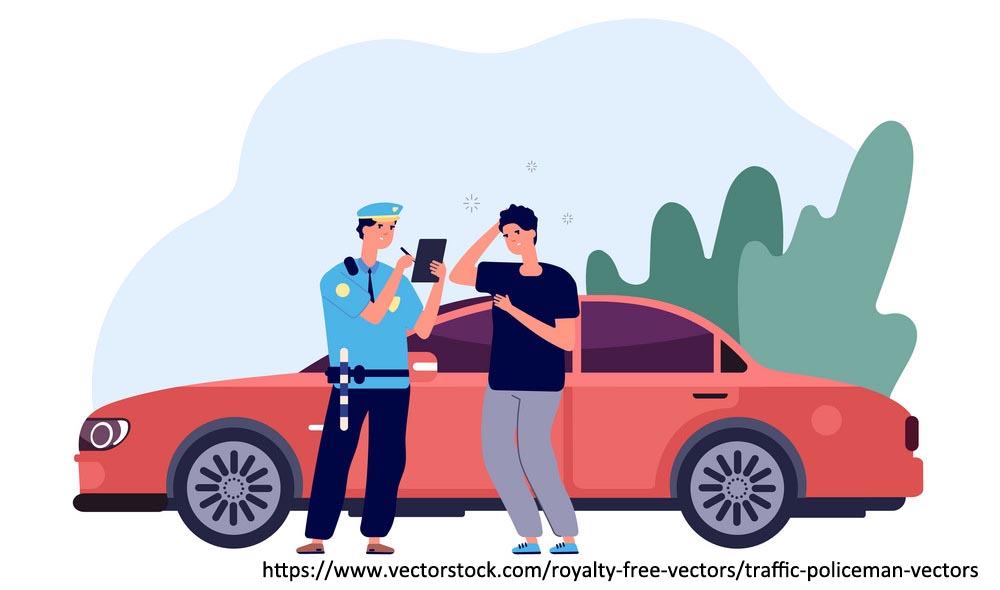First published in Tulay Monthly, Chinese-Filipino Digest 1, no. 2 (July 1988): 5.
I belong to the Laurel family. No, not the Laurels of Batangas, but the Laurel of Pasay. It’s us who had a political detainee, a sauna bath owner and an English major in our family.
Maybe mentioning a fishing magnate in our line-up would form pictures of my family in your minds. Still, you’d end up with a blank picture, for no one in my family has directly influenced historical events, not yet anyway.
The only people who can guess which family I’m talking about would be my father’s close friends, the school my brother had to leave, of the magtataho who comes by the house every afternoon.
I went to Bohol and saw a checkpoint with people armed to the teeth. I asked myself, what if they’re goons? Kidnapping has been such a lucrative business in this country.
But I could see the headlines: “Palace disowns Laurel, not from Batangas but Pasay.” What would happen to me? My mother would have to sell our small house to ransom me.
Just a few weeks ago, I was beating the red light at EDSA when a policeman, belly bursting out of his uniform, appeared from nowhere. He was flaming mad, especially when I gave him my ID, since I had yet to get my driver’s license. As he read it, his eyes almost fell out of their sockets.
He courteously, asked why I didn’t immediately introduce myself and before I could say he was mistaken, he offered me coffee and doughnuts. I felt like Antigone’s Creon, facing the question of serving the society or doing myself some good. I could insist he arrest and slap me with a court case. I could thank him and clear my conscience since not in any way did I insinuate my origin was Batangas.
I took the second option (life behind bars isn’t easy) and turned down the doughnuts. It wasn’t easy turning down something you like.
As I drove on to a friend’s house, I searched my soul. What would I have done if I were the policeman, was I wrong for was he? What could a small (not literally) policeman do if I indeed was a Laurel of Batangas, a Cojuangco of Tarlac, or an Enrile of Cagayan? It would be like David meeting Goliath again, except the former had forgotten his slingshot.
My family name has also given me front seat to history in the making. The Agrava Report was about to be released and the political atmosphere was tense.
Some friends and I tried to enter the room where the board members were to make their announcement. The place was packed, and the guards refused to let us enter. I had my press card on, but even editors were begging for entrance.
Then, a guard saw my name and yanked me into the room. During freshman year, I wrote a letter to the editor of Bulletin Today, criticizing Doy’s stand in the bases. The week after, I received awards from obscure organizations praising my “merits in the field of journalism.” It was still the dark days of Marcos, and my teacher, Eric Torres, said it was probably the dictator congratulating me. My uncle, who was then with Unido, flipped when he saw the letter: I shouldn’t have used Laurel, he said.
Friends asked me to accompany them to get their passports, and a television newscaster, half-jokingly asked if I wanted to use my family name to get free rounds of beer.
Incidents like this insult my sensibilities. Using names just hasn’t been in my family upbringing.
Friends at one time suggested we change our name, maybe to Santos, Gonzales or Bautista. I always object. Why should we? We are Laurels, but yes, we are not those Laurels.
In a society controlled by families what can children of a lesser God do but watch them play. Next time you meet a Laurel, ask where he’s from, and if its Pasay, it’s likely he won’t be a man larger than life, but he’d be down on the ground.
R. Kwan Laurel is the author of the book, Ongpin Stories. He earned his doctorate in English Studies (Creative Writing) from the University of the Philippines. This article is originally printed in Chronicle, June 26, 1987.
